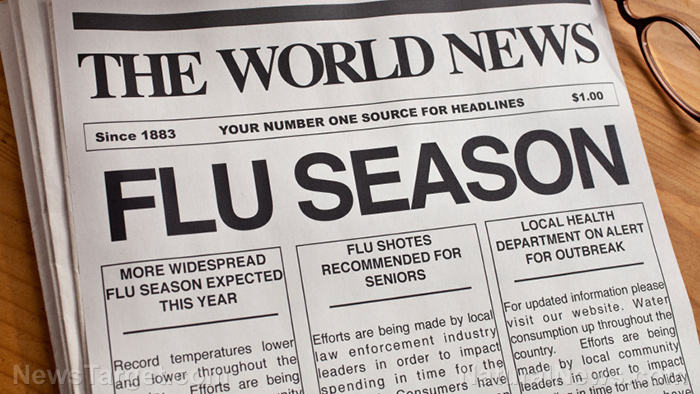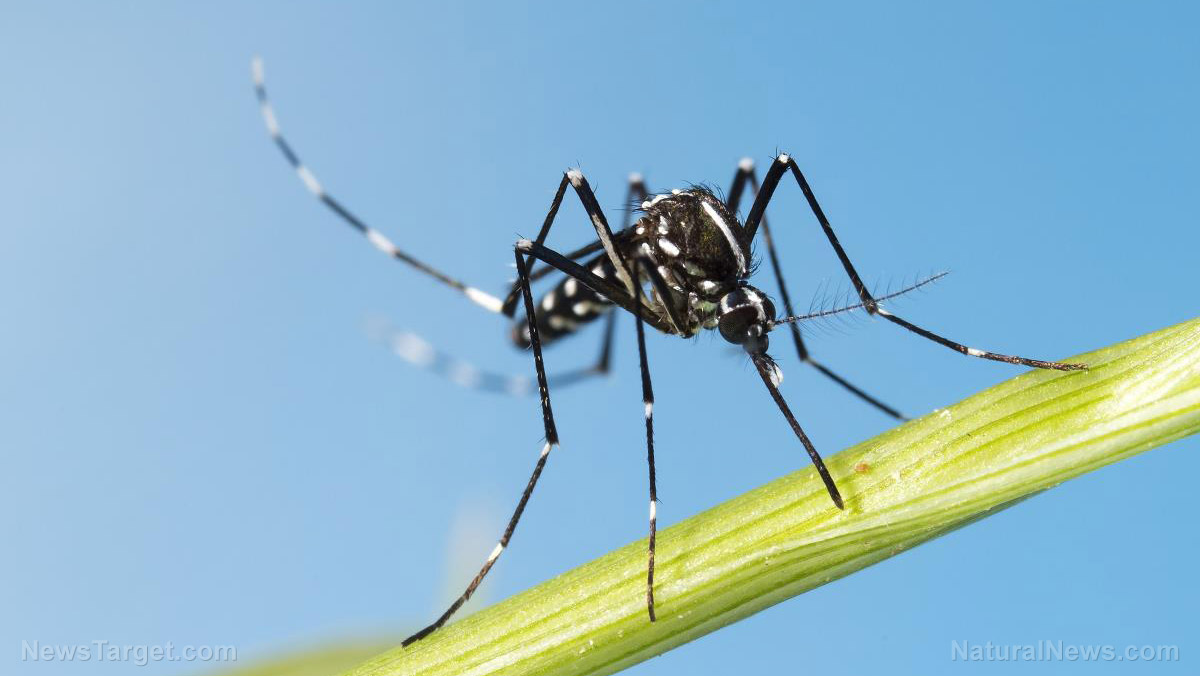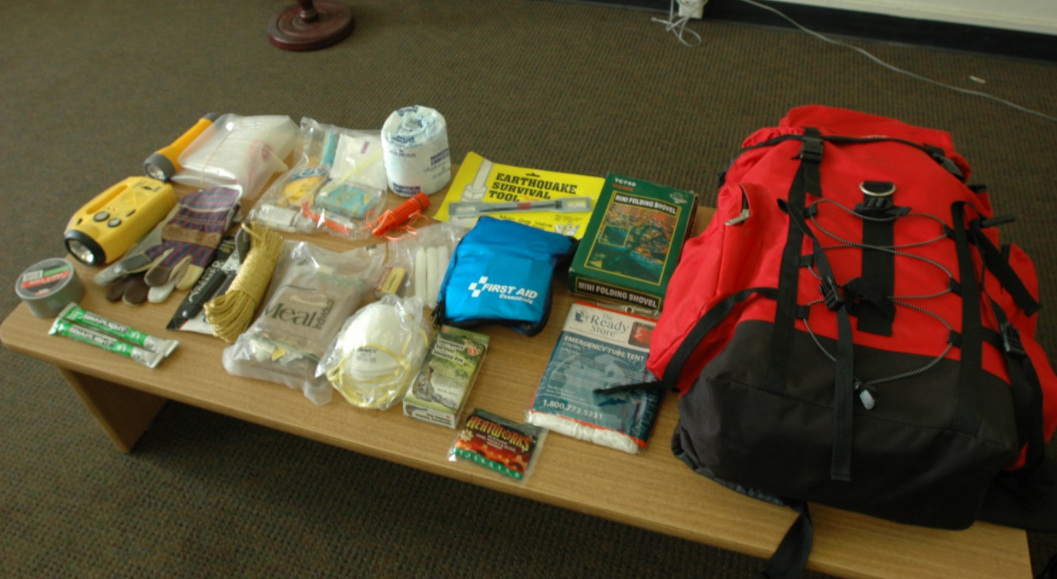Medical supplies WIPED OUT across America due to severe flu, proving you’re smarter to prevent the flu yourself (and not rely on a failed medical system)
01/29/2018 / By Isabelle Z.

As the flu season takes its toll on people throughout the nation, medical supplies are becoming increasingly difficult to obtain, underscoring the need to take care of yourself and take measures to prevent becoming ill in the first place.
In western Pennsylvania, among many other places, flu tests are scarce. Private doctors are running out of rapid flu tests, and ordering more simply isn’t an option as they are sold out throughout the country. This test, which uses a swab of the back of the throat or nose to determine the presence of influenza DNA, takes just ten minutes to perform.
While some experts point out that having the flu is usually pretty obvious even without the test, it’s important to take it seriously as the flu has been particularly deadly this year. Symptoms like chest pain and shortness of breath could be signs of dehydration and need to be taken seriously.
In Allegheny County alone, there have been twice as many cases of flu as last year. Schools have closed in at least 11 states so far, and this year’s flu season has already been declared the worst epidemic America has seen in almost a decade. Hospitalizations are up, and flu deaths have already doubled over last year.
These numbers are bad enough on their own, but when you consider the fact that the U.S. flu season usually peaks in February, the worst could be yet to come.
Some places are experiencing a shortage of flu medication like Tamiflu, although that is probably a blessing in disguise considering the horrific side effects and poor efficacy of the medication, especially in young people.
Perhaps more concerning is the shortage of saline due to supply chain issues. Most of the IV saline bags that are used to help rehydrate people with severe cases of the flu and for other medical procedures are made in Puerto Rico, where the recovery from Hurricane Maria is going very slowly. This has left hospitals scrambling to find alternatives, training staff and doctors on new procedures at a time when they are already dealing with record numbers of patients. It’s also causing a cascade effect, the AP reports, with syringe supplies starting to run low as patients get injections rather than IV drips.
Four fifths of the pharmaceuticals used by Americans are actually produced overseas in places like India and China, which shows just how vulnerable the entire system is to conditions like weather events and sudden surges in demand.
Stack the odds in your favor this flu season – without getting a shot
In light of this, it’s never been more important to try to prevent the flu on your own. Health officials are saying it’s not too late to get the flu jab, yet it’s proven to be very ineffective this year in particular – just look at the current epidemic if you need a reminder – and supplies of that, too, are running low.
Instead, you can turn to natural solutions to help reduce your risk of flu. Experts say that eating the right foods can make a big difference. Some of the nutrients that were recently singled out by doctors in the media as being helpful for flu include vitamin C and zinc. At this time of year, supplementing can be a good idea.
Another useful vitamin is vitamin D, and it’s easy to boost your body’s production of it by spending some time outdoors without sunscreen. Experts also advise that people take probiotics regularly.
Another good solution is elderberry. U.K. researches found black elderberry to be 99 percent effective at fighting Avian Flu, while German scientists have found that its anthocyanins enhance your immune function. Moreover, it helps reduce swelling in sinuses and mucous membranes while packing quite an antioxidant punch. Its cytokine production can prevent the flu virus from invading your body without subjecting you to the dangers of the flu shot.
If you don’t want to become a flu statistic this year, it’s time to ensure your body is getting the right nutrients to stave off infection. Read Influenza.news for more coverage on flu season outbreaks.
Sources for this article include:
Tagged Under: Collapse, Elderberry, Flu, flu epidemic, flu prevention, Flu Season, flu shot, influenza, medical system, natural medicine, natural remedies, outbreak, probiotics, Puerto Rico, saline, saline shortage, tamiflu, vitamin C, vitamin D




















